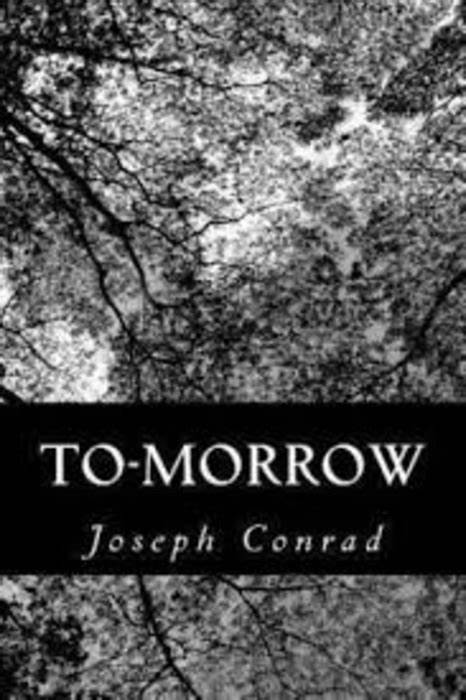To-Morrow
To-Morrow was a literary magazine founded and edited by Margaret Anderson and Jane Heap that was published in Chicago from 1917 to 1923. The magazine was known for its literary modernism and avant-garde content.
History
To-Morrow was first published in March 1917, with Anderson and Heap serving as editors. The magazine was published out of Anderson's apartment in Chicago and was initially funded by their personal savings.
To-Morrow quickly gained a reputation for its avant-garde content, including works by writers such as Sherwood Anderson, Ezra Pound, T.S. Eliot, and James Joyce. The magazine was also known for its artistic layout, with contributions from notable designers and illustrators of the time.
In 1920, To-Morrow changed its name to The Little Review and continued to publish literary modernism until it was forced to cease publication in 1929 due to legal troubles resulting from the serialization of James Joyce's novel Ulysses.
Format
To-Morrow was a monthly magazine that was printed on high-quality paper with a distinct artistic layout. The magazine featured poetry, fiction, drama, and essays, as well as book reviews and art criticism.
The magazine was committed to literary modernism and published works that were experimental and challenging, often featuring contributors who pushed the boundaries of traditional forms and styles.
Impact
To-Morrow played a significant role in the development of literary modernism in the United States. The magazine was a platform for experimental writers and artists, many of whom went on to become leading figures in the literary and artistic communities.
Moreover, To-Morrow was known for its engagement with important political and cultural issues of the time, such as feminism and activism, further cementing its reputation as a leading voice in the avant-garde.
Legacy
To-Morrow's legacy can be seen in its influence on later literary and artistic movements, particularly in the development of modernism in the United States. The magazine paved the way for experimental literary works and helped to create a community of avant-garde writers and artists who would go on to have a profound impact on 20th-century culture.{{Categories}}